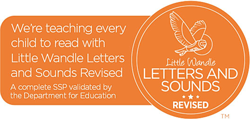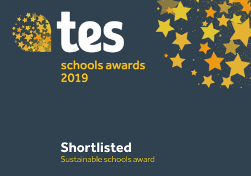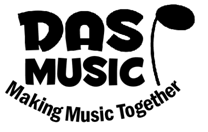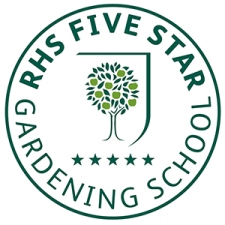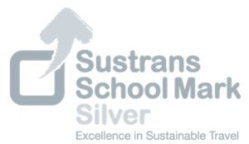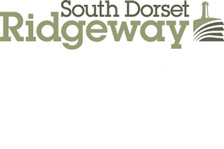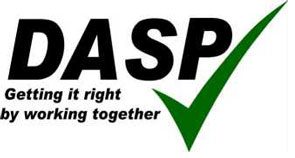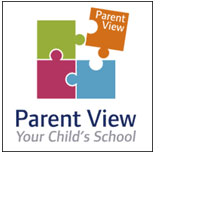Reports – Understanding Assessment
Like all schools in our country we follow the National Curriculum introduced in September 2014. The National Curriculum is a mastery curriculum, taught from Year 1 (Children in Foundation follow the EYFS). This means, children must MASTER the objectives taught, rather than just be taught them.
Children in Years 2 and 6 take their statutory assessments (SATS) and are assessed as to whether they have met the standard for their age however we are assessing all children all the time (usually without them even knowing!).
We assess children all the time by looking at their work, talking to them and seeing how they respond in class. This is how we know what we need to teach next, who might need some support and who is ready for a challenge.
We compare their achievements to the 2014 National Curriculum objectives and report to you on how well your child is progressing.
Leaders in school keep a check on every child’s progress by looking at data but most importantly by talking to teachers and visiting the classrooms,
We use the measure of ARE (Age Related Expectations) and compare the children to the expectations for each year group.
At Damers we measure children’s progress throughout the year, ensuring that all children remain ‘on track’ e.g. a child making optimum progress would move from Y2M to Y3M in one year, progressing each term from Y2M→Y3E→Y3D→Y3M.
| Language | Code | What this means |
| Emerging | E | Your child is working towards the objectives for this year group for this subject. |
| Developing | D | Your child has achieved about two thirds of the objectives for this year group for this subject. |
| Mastered | M | Your child has mastered the vast majority of the objectives for this year group for this subject. |
| Greater Depth | GD | Your child has not only mastered the objectives for their year group but they are able to demonstrate how they apply them in other subjects and contexts during their day. They have a greater depth of understanding in that area. |
As well as the National Curriculum measure we also monitor progress twice a year through reading and spelling age tests. These help us keep a close measure on important basic skills. Children in Foundation and Year 1 have a phonics check each half term to ensure they are keeping up with the Little Wandle programme and that their reading books are precisely matched to their needs. It may help identify specific phonemes that need practice or a group of children who would benefit from some small group work. These checks may continue into Year 2 and beyond if needed.
Your child’s teacher will update you on their progress at termly consultation meetings and through a written report at the end of the summer term.
There are other national measures to check on children’s progress that will be reported to you
- End of Foundation Stage Profile (FSP)
- Year 1 Phonics Screening Check
- Year 2 – End of KS1 assessments (SATs)
- Year 4 Multiplication Check
Rest assured, all ‘tests’ are carried out in as relaxed a way as possible. Children often do not realise they are being tested.




